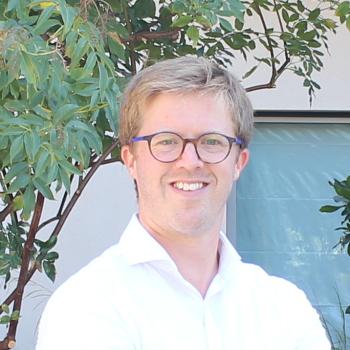Bio
Henry Chubb is a Clinical Assistant Professor in pediatric and adult congenital cardiac electrophysiology. He trained in Cambridge, Oxford and London in the UK, and has a PhD in the application of advanced MRI techniques to the management of cardiac arrhythmias. He has worked at Stanford since 2018, and provides specialist clinical arrhythmia care for both pediatric and adult congenital patients, including electrophysiological studies, ablation and device (pacemaker and ICD) implantation. He is a Fellow of the Heart Rhythm Society, an examiner for the IBHRE (International Board of Heart Rhythm Examiners), and author of over 80 peer reviewed journal articles and 6 book chapters.
Henry Chubb's research interests include the targeted use of physiological pacing in both children and ACHD patients (including conduction system pacing and cardiac resynchronization therapy (CRT)), the application of advanced imaging techniques to arrhythmia management, and the development of machine learning techniques for improved diagnostics in electrophysiology. His publications also include the management of Wolf-Parkinson-White syndrome, ablation strategies for AVNRT, internal cardioverter defibrillators in children and ventricular arrhythmias.


